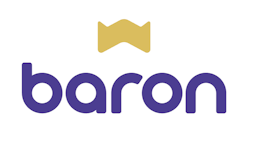
GPT-4
GPT-4 is the latest milestone in OpenAI’s effort in scaling up deep learning.
GPT-4 is a large multimodal model (accepting image and text inputs, emitting text outputs) that, while less capable than humans in many real-world scenarios, exhibits human-level performance on various professional and academic benchmarks. For example, it passes a simulated bar exam with a score around the top 10% of test takers; in contrast, GPT-3.5’s score was around the bottom 10%. We’ve spent 6 months iteratively aligning GPT-4 using lessons from our adversarial testing program as well as ChatGPT, resulting in our best-ever results (though far from perfect) on factuality, steerability, and refusing to go outside of guardrails.
GPT-4 is more creative and collaborative than ever before. It can generate, edit, and iterate with users on creative and technical writing tasks, such as composing songs, writing screenplays, or learning a user’s writing style.
- GPT-4 outperforms ChatGPT by scoring in higher approximate percentiles among test-takers.
- GPT-4 surpasses ChatGPT in its advanced reasoning capabilities.
- Training with human feedback
- Continuous improvement from real-world use
- GPT-4-assisted safety research
